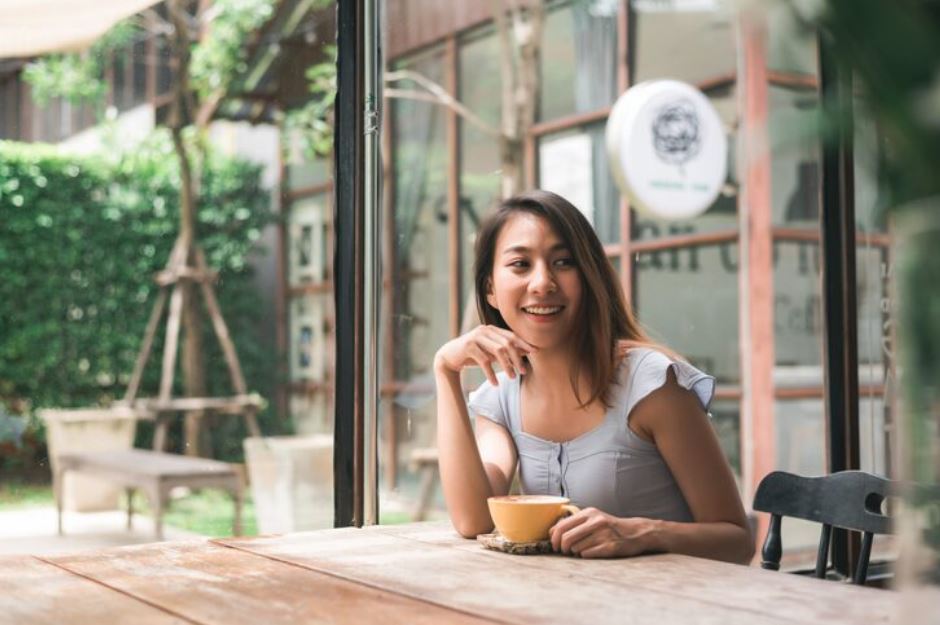
Rua das Flores hums softly with the rhythm of everyday life on a calm Lisbon morning. Fabrica Coffee Roasters has been subtly but remarkably successful in changing the way mornings unfold in the Portuguese capital, nestled between tiled façades. This is a place where quality, care, and connection come together in a way that feels both classic and noticeably enhanced for contemporary sensibilities—it is not a café that follows trends with ostentatious menus or gaudy interiors.
The bica, a brief, potent espresso that is frequently sweetened and drunk while standing at the counter, is the cornerstone of Lisbon’s customary morning routine. It’s fast, effective, and engrained in the community. Fabrica has innovated by expanding this tradition rather than trying to replace it. Here, cappuccinos with elaborate latte art, pour-overs featuring Ethiopian single origins, and flat whites made from Guatemalan beans are all served with unhurried precision, making morning coffee a crafted moment rather than a passing necessity.
Key Information
| Detail | Information |
|---|---|
| Name | Fabrica Coffee Roasters |
| Location | Rua das Flores 63, Lisbon |
| Specialty | Single origin coffee roasted on site |
| Unique aspect | No-Wi-Fi policy to promote conversation |
| Atmosphere | Minimalist with a warm, artisanal focus |
| Beans sourced from | Brazil, Colombia, Ethiopia, Kenya, Guatemala |
| Price range | €2.50 to €4.50 for specialty coffee |
| Target audience | Under-30 locals, global visitors, coffee enthusiasts |
| Industry significance | Part of Lisbon’s specialty coffee wave |
| Reference source | Fabrica Coffee Roasters official site |
Just as intentional as the roast profiles is the decision to enforce a no-Wi-Fi policy. Fabrica encourages eye contact and conversation by eliminating the digital distraction, much like some London cafés where renowned chef Yotam Ottolenghi has promoted in-person dining without the cacophony of laptop keyboards. This method creates a palpable sense of presence and is surprisingly successful in a city where tradition and modernity coexist on a daily basis.
Public figures are frequently spotted here, including actors filming in Lisbon’s increasingly sought-after filming locations and musicians playing at summer festivals. They are drawn to the modest charm and incredibly dependable quality of each cup rather than by the fanfare. Warm lighting and natural wood soften the minimalist design, making the coffee the focal point rather than just a decorative element.
It’s a deliberate process. Each cup is served with a brief story, such as the origin of the beans, how the roast brings out their inherent sweetness, or why a particular origin works well with a particular brewing technique. The beans are ground to order, and the milk is steam-cooked to a precise texture. When these specifics are presented with sincere passion, a drink becomes an adventure.
It’s important to consider the broader cultural impact. Daily rhythms are shaped by morning rituals, which also change social patterns as they develop. Several regulars have reported that the slower, more contemplative pace that Fabrica promotes has greatly lessened the feeling of hurrying that frequently characterizes urban mornings. Strangers sit at the same table, conversations linger, and visitors interact with locals in ways that they might not in a more hurried setting.
This evolution coincides with a change in lifestyle around the world. More people are prepared to spend money on high-quality experiences that appeal to a variety of senses as wellness culture and culinary artistry merge. The ethically sourced, meticulously prepared, and leisurely consumed specialty coffee blends in perfectly with this story. Fabrica has established itself at the forefront of this movement without offending those who are devoted to traditional bica culture, and Lisbon’s naturally slower tempo makes it the perfect canvas for it.
The café’s impact extends beyond its boundaries to minor shifts in the industry. Nowadays, boutique hotels collaborate with nearby roasters to use beans with a traceable origin in place of generic breakfast blends. Locally produced pastries and carefully sourced coffee are now featured on more purposeful brunch menus at neighboring restaurants. Taking inspiration from the Fabrica model, event venues have also started to add specialty coffee stands to improve the visitor experience.
This reach is increased by social media. Travel influencers, design aficionados, and food writers share candid photos of terrazzo floors and sunlit counters with swirling latte art photos. With their understated elegance and thoughtful framing, these photos serve as natural endorsements, spreading Fabrica’s philosophy beyond Lisbon and into coffee drinkers’ feeds everywhere.
The most noticeable change is the slight change in expectations. Once only looking for a quick caffeine boost, locals are now learning to distinguish between brewing method, roast level, and origin. Lisbon’s slower, richer approach is carried into everyday life by visitors, who return home with a higher standard for their own coffee. It’s a subtle yet significant ripple effect that is changing how people value mornings and how coffee is consumed.
The secret to Fabrica’s success is striking a balance between honoring Lisbon’s coffee culture’s legacy and adding a new level of value for connection and craftsmanship. Establishing a space where the morning cup is as much about human interaction as it is about caffeine is the goal, not upending tradition. This philosophy feels more like a natural progression than a fad in a city that already knows how to take its time.
It’s obvious to anyone entering that this is more than just coffee. It’s a reimagined morning that feels calmer, richer, and much more intimate. And that’s a custom worth preserving in a city like Lisbon.

